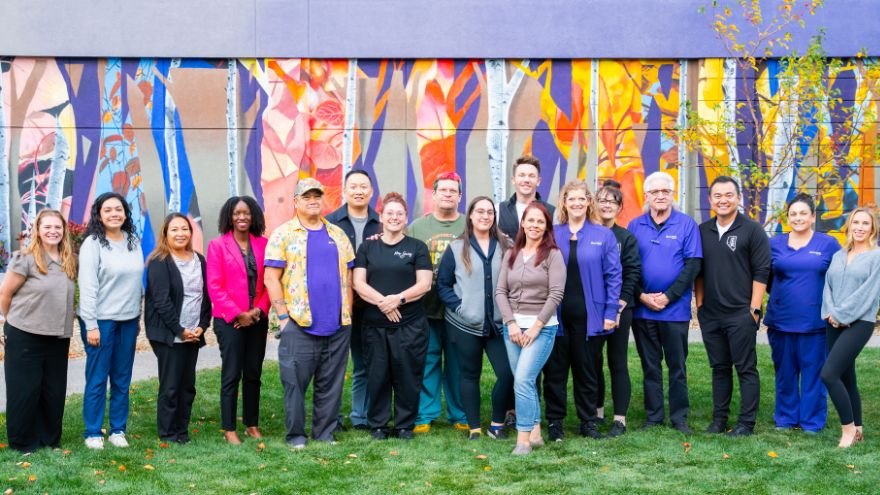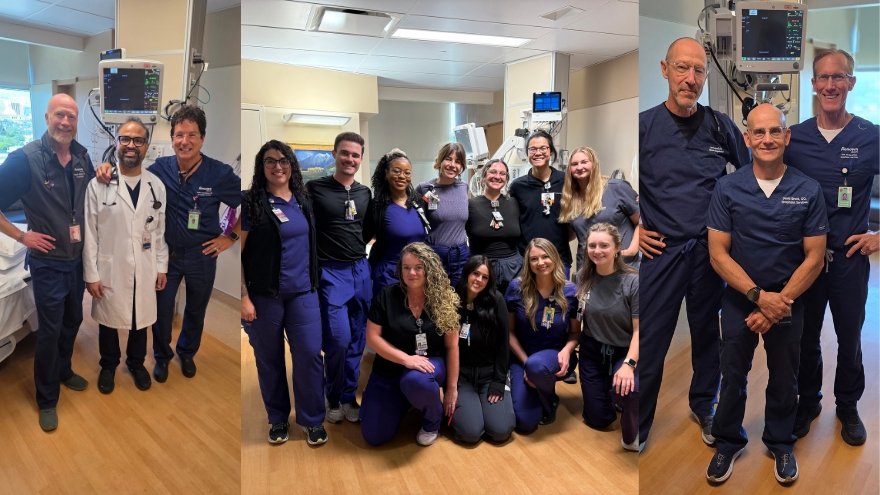
How to Talk to Your Vaccine-Hesitant Friends About Getting Vaccinated Against COVID-19

Roughly 59% of eligible Nevadans are fully vaccinated against COVID-19 as of mid-September. That number is up 9% from only a month ago, but our work is far from done!
One of the most powerful ways to convince someone to get vaccinated is for a person they trust and respect to take the time and have that complicated conversation with them.
We know these conversations can be daunting, so we consulted Marie McCormack, MD, Primary Care Division Chief at Renown, about the six best ways to approach and frame these conversations to be productive and effective.
1. Be firm, but not aggressive.
2. Listen to what they have to say, and don’t assume you know why they haven't gotten the vaccine yet. 3. Cater your responses to their concerns. The CDC even has a helpful reference table identifying main reasons people are not getting vaccinated.
- If they are scared, offer to go with them.
- If they are not worried about getting sick, explain that they are more at risk of infecting those around them who are more likely to have a severe reaction to the virus.
- If they don’t know how to make an appointment, help them find the most convenient time and place for their schedule.
- If they are worried about how fast the vaccine was developed, remind them that the mRNA technology used in these vaccines has been studied for years.
- If they are worried the vaccine will affect fertility, tell them that in August the CDC officially recommended that pregnant people can get vaccinated.
4. When in doubt, hit them with the stats!
- 1 in 500 Americans has died from COVID-19.
- Vaccinated people are nearly five times less likely to get infected, according to the CDC.
- Vaccinated people are 10 times less likely to get so sick they ended up in the hospital, according to the CDC.
5. Remind them of all the things they might not be able to do if they aren't vaccinated.
- Attend concerts or sporting events
- Travel
- Potentially even keep their job
6. When all else fails, use the tough love approach. Tell these people you don’t feel comfortable meeting with them in person until they are vaccinated.
Related Blogs


Department Spotlight: Intermediate Care Unit
